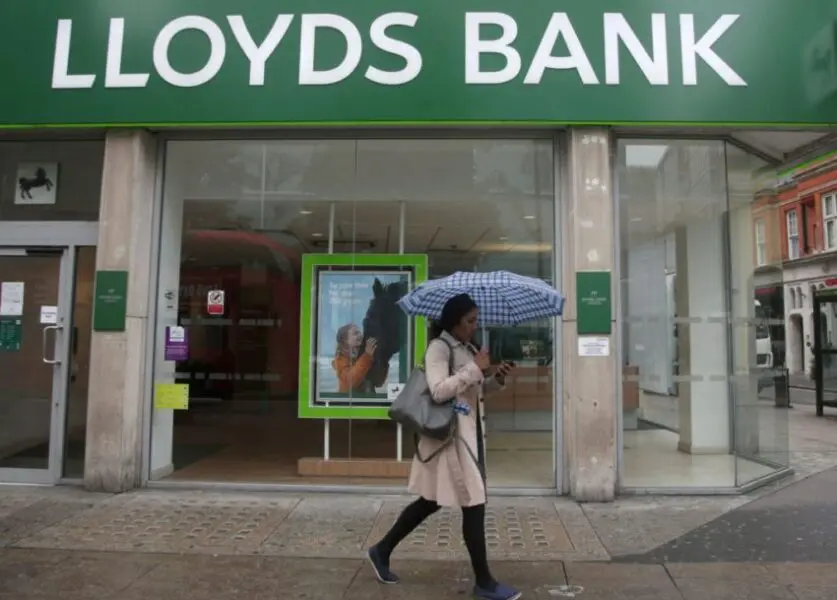Lloyds has defended itself against claims that it has not done as much as its rivals to support businesses as it unveiled a 95 per cent slump in profits to £74 million.
The collapse in quarterly profits from £1.6 billion a year ago was caused by a £1.4 billion provision for bad debts already coming through. Banks have had quite a tussle with the latest accounting rules, which require booking all anticipated losses further in advance than the usual timeline.
Lloyds expects things to go even further south in the next few months as the British economy continues to exacerbate. There have already been several notable signs of this prediction coming true with the shares at the bank dropping by 5%. As the results of the profit margin calculator for most businesses worsen, financial support from banks becomes the best option to keep these enterprises afloat.
But according to António Horta-Osório, Lloyds’ chief executive, most small and medium-sized businesses wanted loan repayment holidays or bigger overdrafts. This comes even after the 80 per cent state-backed coronavirus loans were approved by the government to help business owners cope with a collapse in revenues mainly due to U.K.’s lockdown policy.
Lloyds, the UK’s biggest high street bank, which has a one-fifth share of the business banking market, said that it nonetheless increased those loans, having now approved 3,752 coronavirus business interruption loans with a value of £500 million. That brings Lloyds’ share of the Coronavirus Business Interruption Loan scheme (CBILs) to about 14 per cent, up from 12.8 per cent a week ago.
The bank has also agreed to £100 million of overdraft extensions for businesses and 24,000 capital repayment holidays. Among those who have been considered for this overdraft extension include motor finance clients, credit card holders, regular customers, and mortgage-holders. “By a wide margin, ten to one, SME customers prefer to ask for capital repayment holidays or overdraft extensions than term loans,” Mr. Horta-Osório said. Perhaps they feel that it’s the cheaper and more reliable option in these times of uncertainty. As such, the number of tax holiday applicants is expected to increase even further.
Lloyds, which has a CET1 level of 14.2 per cent, will use its capital strength to support the economy, he added. “Unlike other banks, we do not see any trade-off between our CET1 level and risk-weighted average loan expansion. We think we can accommodate all lending demand. We don’t see any trade off,” Mr. Horta-Osório said.
Banks have been told by regulators to “lean in” to the pandemic crisis by continuing to lend to customers. They have been given permission to eat into several capital buffers that sit above their regulatory minimum levels. Of course, this directive by the European Central Bank (ECB) is good news for borrowers, but it could land the lenders into deeper problems.
In response to the economic changes, the bank has already slashed the expected dividends by a significant margin. Lloyds has also told its investors that the executives and other senior staff will not receive their annual bonus this year.
Lloyds is forecasting that GDP and house prices will both fall by 5 per cent this year, which could deteriorate to a 7.8 per cent drop in GDP and a 10 per cent decline in house prices if the economy suffers more severely.
The base case forecast reflects a “prudent view”, Mr. Horta-Osório said. “There are two opposing forces: on one hand the unprecedented coronavirus crisis; on the other, very significant and unprecedented positive measures from the government. Synthesizing these two opposing, very opposing, forces is what we took into consideration when drawing up the scenario.”


